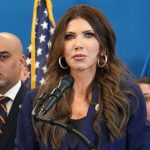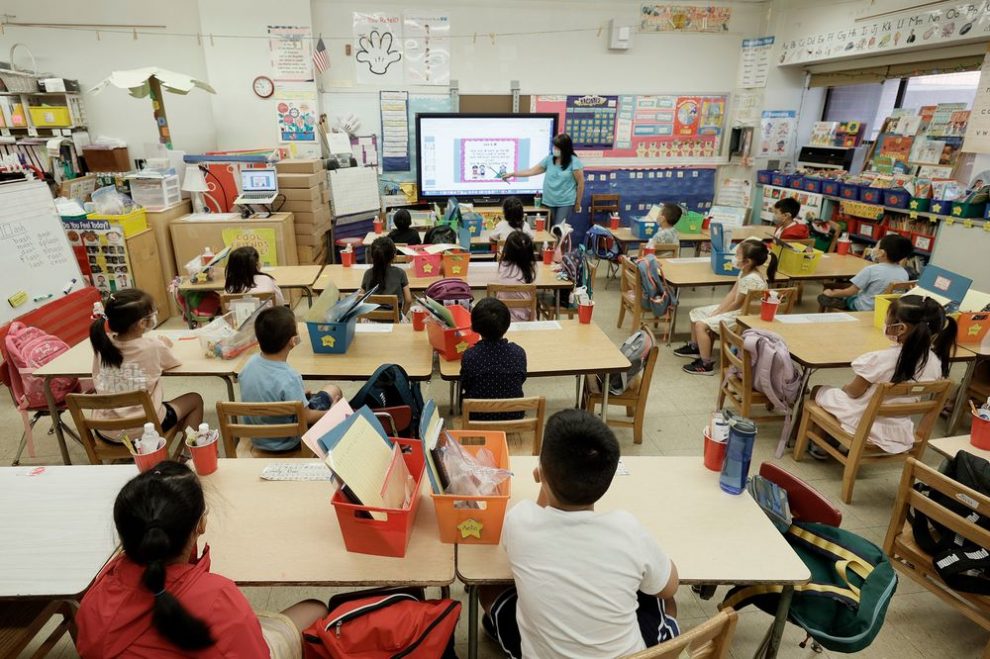The surge of covid infections threatens to derail plans to start schools in person—which could leave the economy with an even more severe worker shortage.
Ever since inflation started to ramp up this spring and businesses began complaining loudly of worker schortages, Fed policy makers and many economists have assumed that September would bring a one-two punch of relief: enhanced unemployment benefits would expire and reopened schools would free parents up to return to work.
The second part now looks increasingly at risk. Education Week reported Wednesday:
From the perches where experts monitor how well schools are prepared to manage the coronavirus, the picture grows darker daily. It’s a stunning turnabout from only weeks ago, when low virus numbers fueled faith that children and teachers could return to their classrooms.
And reports of kids getting infected are spreading. Notice the phrase “school-aged children.
School-aged children in Louisiana now make up the third largest number of new COVID infections in the state: "This delta variant changes the game … children are more ill, they require higher levels of care and sadly I think we will see more deaths in the coming weeks." pic.twitter.com/BMtCgSq5wj
— CBS News (@CBSNews) July 29, 2021
Robin Lake, the director of the Center on Reinventing Public Education, sounded the alarm over a week ago.
Realistically, schools will have a problem reopening fully and staying open continuously this fall. This is not fear-mongering. This is a likely scenario that must be planned for. We are not seeing such plans. Deja vu.
— Robin Lake (@RbnLake) July 19, 2021
Barron’s says that even if schools do reopen, some mothers may decide against sending kids to school and returning to work.
Meanwhile, doubts are growing that millions of moms will return to work in September. Many families have established new norms over the past year, and many parents still harbor virus concerns, says Misty Heggeness, economist at the U.S. Census Bureau, as Covid variants spawn and mask mandates are revived.
While employment among working women without children has almost returned to prepandemic levels, mothers with school-age children are lagging, she says. She is skeptical that trend will meaningfully change in September. “School opening in the fall isn’t going to be the savior for getting people back to work,” says Heggeness.
“I think we’re underestimating the fear people have with the virus,” she says, adding that it’s plausible some parents will hold back children in the fall if virtual learning is an option and if parents themselves remain reluctant to return to workplaces.
That situation will be much, much worse if schools do not open on schedule.
The New York Times reports that New Yorkers are organizing to pressure the school system into offering remote schooling again.
But while rates in city schools have remained low during the summer, the spread of the more contagious Delta variant has left many parents worried about what will happen when all of the nearly 1 million students in the public system return to class in the fall.
Ms. Healy said she was so concerned that she began organizing with other parents to call on the city to offer a remote schooling option this fall.
They may not need to pressure anyone. The same teachers unions that resisted reopening schools last year and this year may do the job for them. It will be pretty easy to argue that teachers should not be put at risk of infecting unvaccinated youngsters and unvaccinated youngsters should be put at risk of catching a variant that can be spread even by the vaccinated.
This would be a path to a tighter labor market and remove one of the factors that Federal Reserve officials are counting on to relieve inflationary pressures. Employers looking to expand would have to bid up the existing labor pool. That will initially be a positive development for workers. But it poses risks of sending prices spiraling up in an economy already beset by the highest inflation in decades and rising expectations for inflation.
And if the workforce crunch sets off an inflationary wage-price spiral, the Fed might have to yank the leash on the economy sooner than the market currently expects.
Story cited here.
























